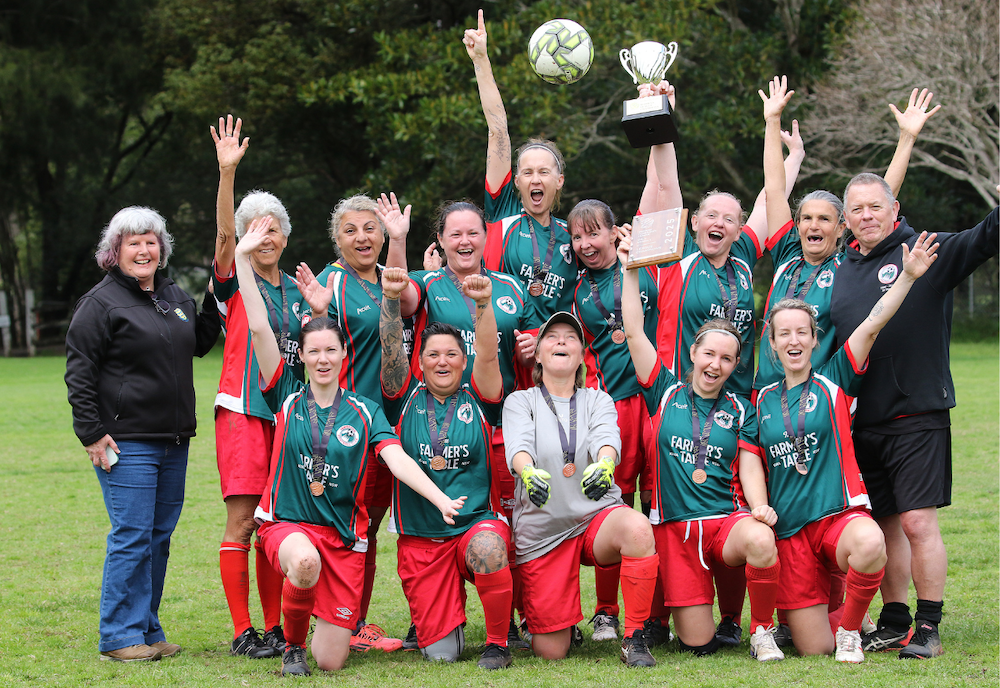One unexpected bill away from crisis: The financial problems facing young people today
Lleyton Hughes
18 August 2025, 8:00 AM
 Over half of Australians aged 15 to 19 now say financial security is a major concern
Over half of Australians aged 15 to 19 now say financial security is a major concernAustralia is currently experiencing a housing crisis, and young people are at the centre of it.
Rental inflation is outpacing income growth across regional Australia. Over half of Australians aged 15 to 19 now say financial security is a major concern, and financial stress among 23-year-olds is trending up.
On July 16, Kiama Council endorsed a Local Housing Strategy aimed at delivering 900 new homes in the municipality by 2029 - just four years away. But for many young people, the question is more immediate: how can they stay afloat now?
Jackson Reeves, Business Development Manager at Debt Busters - a nationwide service helping Australians manage unsecured debt - says financial strain among young people has noticeably increased.
“Over the last two years, we’ve seen a steady rise in people under 30 contacting us,” said Reeves.
“Most are already behind on bills by the time they reach out, and it’s rarely just one debt. Many are juggling car loans, HECS/HELP, buy now pay later services, personal loans, and even early wage advances.”
“On average, they’re managing debt with around eight different creditors when they come to us.”
According to Reeves, the root cause of this hardship is simple: high housing costs, easy access to credit and lack of education.
“Even in smaller towns like Shellharbour, Kiama, and Gerringong, rents have risen dramatically in the past three years.”
Combined with lower average wages than Sydney, the prevalence of casual and seasonal work, and rising costs of essentials like transport, education and food, young people on the South Coast are finding themselves in troubling situations.
“It leaves them with no breathing room. They’re one unexpected bill away from crisis,” said Reeves.
He notes that housing prices in regional areas are now beginning to mirror those in Sydney’s outer suburbs, without the corresponding wage growth.
“Wages are lower here, but housing prices have caught up. Jobs are harder to find, and it takes longer to recover from financial setbacks.”
Nationally, 17 percent of young Australians report serious financial hardship - meaning they’re unable to pay rent, afford meals, or cover education costs.
“That can kick off a financial spiral,” said Reeves. “Once you fall behind, it’s easy to lose control - your credit score drops, you can’t get a car loan, it's harder to get the funds to start the home ownership journey. It just snowballs.”
Another part of the problem is financial literacy - or the lack of it.
“When I was in primary school, there was a belief that something like cooking should be taught early, because it’s an essential skill that you will use in your adult life,” said Reeves.
“I think financial education should be approached the same way. Too many young people leave school without knowing how interest works, how to budget, or even how to read a credit contract.”
Reeves says Debt Busters is seeing a worrying trend where young people are engaging with credit too early - without understanding the consequences.
“A horror story we’re seeing more and more is people turning 18 and immediately applying for credit - car loans, credit cards, buy now pay later. Even just applying creates a credit inquiry, which can hurt your score,” he said.
“Australia has some of the strictest credit reporting systems in the world - nearly everything ends up on your file. So by the time some young people start their financial life, they’re already behind.”
While Debt Busters can help clients consolidate debt and create manageable repayment plans, Reeves says the first and most important step is being honest about your situation.
“One of the biggest things is just being honest about your situation. A lot of people try to downplay it or hide things because they feel embarrassed - even though they shouldn’t,” said Reeves.
“Australians rank really high globally in how uncomfortable we find conversations around money and debt. The hardest part is often just raising your hand and saying, ‘I need support.’ The silence and stigma can make it feel isolating, but once you speak up, things can start to change.”
Debt Busters, which has operated since 2007, works with Australians across all demographics and regions. For young people, they offer services including custom repayment strategies and help building a small emergency savings buffer to avoid high-interest debt.
They also negotiate directly with creditors, allowing clients to focus on one manageable repayment.
If you're experiencing financial hardship or want to learn more, visit: https://debtbusters.com.au.
NEWS




